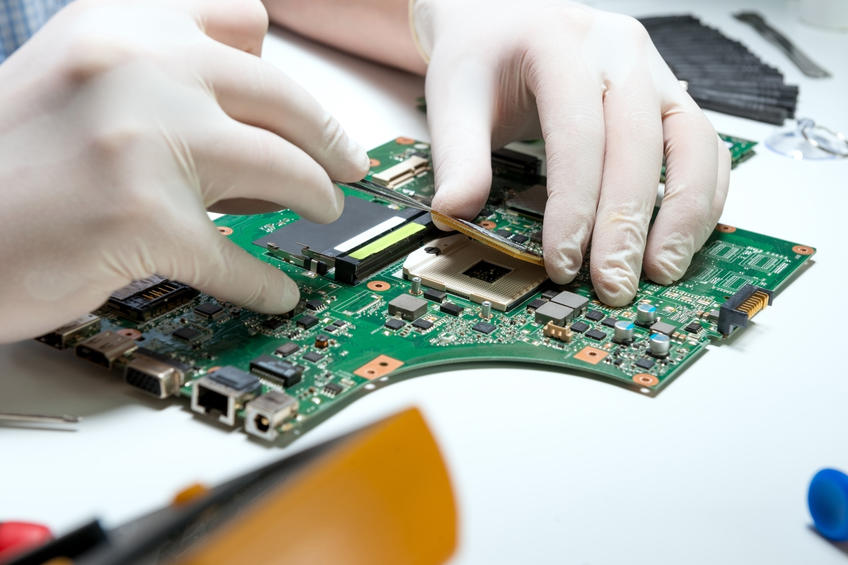People who work on the production, transmission, distribution, and conversion of electrical energy into other types of energy systems, as well as the design, use, and control of all kinds of electronic devices/systems, are called electrical-electric engineers. They produce electrical energy from other sources such as nuclear, hydraulic, solar, wind, biomass, and geothermal energy. They make plans, projects and applications in the process from production to consumption. They take part in the project, assembly and operation of facilities that produce and consume electrical energy. They take part in communication, industrial and medical devices, that is, in every field where electronic devices are present.
Today, the importance of Electrical and Electronic Engineering is increasing in every field, from medicine to communication, from computer technology to space research, and from electrical energy production to transmission and distribution. Electrical and electronic engineers can work in public institutions, universities, and research institutions, in companies' R&D departments, in the private sector, and consultancy and contracting offices. The fields in which Electrical and Electronics Engineers can work can be listed as follows:
Computers and Embedded Systems
Complete Circuit (Chip) Design and Manufacturing
Semiconductor Materials
Electro-Mechanical Systems
Signal Processing
Biomedical
Microwave - Antennas
Communication and Telecommunication
Electrical Machines
Lighting
High Voltage and Energy
Energy Production Transmission Distribution
Renewable Energy and Automatic Control.


